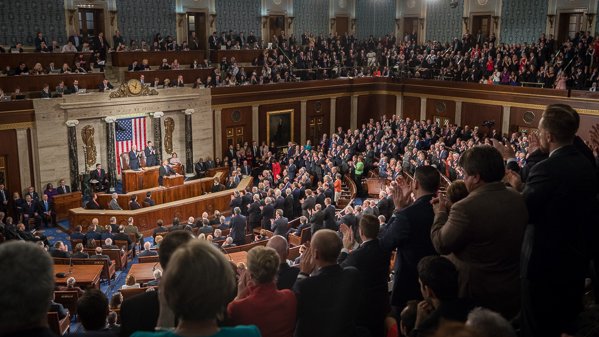Shi, F., Teplitskiy, M., Duede, E., & Evans, J. A. (2019). The wisdom of polarized crowds. Nature Human Behaviour. https://doi.org/10.1038/s41562-019-0541-6
Blog, Featured
The Upside of Polarization
Shi, F., Teplitskiy, M., Duede, E., & Evans, J. A. (2019). The wisdom of polarized crowds. Nature Human Behaviour. https://doi.org/10.1038/s41562-019-0541-6
